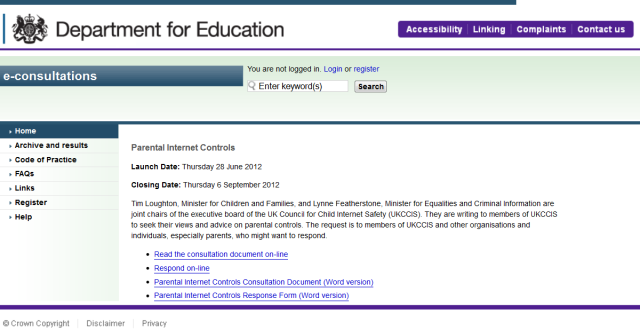The 10 most popular posts of the first half of 2012 are…
36,000 unique visitors* have stopped by this blog since the beginning of 2012. Nice.
What are you all looking at? Not what I would have thought.

1. This is why teachers leave teaching.
Effectively just a commentary on Mark Clarkson’s stellar post. Almost 4,000 unique visitors to that one.
2. Announcing my new e-book: ‘The Essential Elements of Digital Literacies’ (#digilit)
Pleasing, but subscribers have tailed off since the initial flurry. Around 150 now signed up.
3. My TEDx talk on ‘The Essential Elements of Digital Literacies’
To be fair, Iwas expecting this to be popular, as TED-related stuff gets huge amounts of traction. Almost 2,500 people have now watched me pontificate about pictures of cats.
4. Journals, academia and the ivory tower.
I didn’t expect many people to want to engage with the open access journal debate but it seems that the post was timely.
5. Why I’m becoming a MoFo(er).
People seemed genuinely delighted when I announced I was joining the Mozilla Foundation. Which was nice.
6. How to create searchable notes from books using Evernote and your smartphone.
I thought this was obvious, but was asked to write it up. Perhaps it is obvious and people just came to check…
It’s good to see that my work around web literac(ies) is popular – given that I’ll be splitting my time between working on it and evangelising Open Badges from now on!
8. Why the knowledge vs. skills debate in education is wrong-headed.
Wow! I only wrote this last week. I must have touched a nerve.
9. Digital literacy, digital natives, and the continuum of ambiguity (#openpeerreview)
I got many more comments than I expected with my Open Peer Review experiment. Amended article forthcoming.
10. You need us more than we need you.
This was the precursor to Journals, academia and the ivory tower (number 4 on the list)
Of course, posts I’ve written in previous years also remain popular. It would seem, for instance, that I should write more on procedural stuff around Google Apps (yawn!), explore further the links between leadership and emotional intelligence (possible!) and suggest yet more ways to make ‘textbook lessons’ more interesting (unlikely!)
Image CC BY-NC-SA Lightmash
*For some reason (probably user error) Google Analytics wasn’t tracking visits between April 10th and May 6th. So you can probably add another 6,000 to that number.


